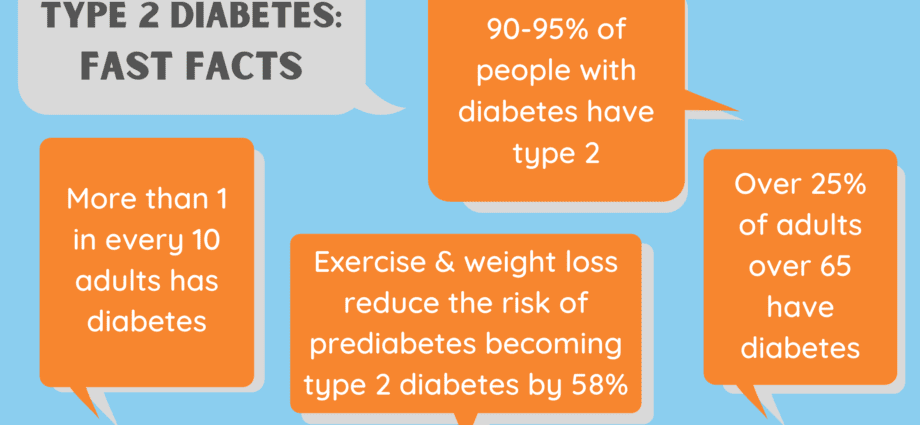Contents
Type 2 diabetes: how to accept the disease?

The announcement of the diagnosis of type 2 diabetes
Article written by Laure Deflandre, psychologist
Type 2 diabetes is a chronic disease that results from the body’s resistance to insulin and hyperglycemia (= chronic excess sugar in the blood). We speak of “insulin resistance” or “non-insulin-dependent diabetes (NIDDM)”.1
Generally, the diagnosis of type 2 diabetes occurs quite late. It is frequently detected in individuals aged 40 to 50 years, often in a context of overweight, sometimes hypertension and too high cholesterol. However, the age of onset of the disease is earlier. Moreover, in recent years, the first cases of children and adolescents with type 1 diabetes appear.2
The announcement of the diagnosis of type 2 diabetes is a very important moment of care. The doctor’s explanations given to the patient are decisive in the follow-up that he will have to set up subsequently. It is therefore important that the professional informs his patients clearly and precisely about the disease, the treatment to be followed and also, on the advice to be given for good dietary hygiene.
The doctor must be in regular listening to the patient and his entourage because the diagnosis of diabetes can constitute a shock and a stress being able to upset the life of a person and his close relations.
Following the announcement of the diagnosis of a chronic disease, the patient will have to carry out a psychological acceptance work for a good implementation of the follow-up of the treatment and the respect of a good hygiene of life and food.
The non-acceptance of diabetes by the diabetic person could compromise his treatment because he will not be motivated to follow his glycemic controls or to respect the hygieno-dietetic advice given by the doctor for a better quality of life. In the long term, this could adversely affect his physical and mental health.
Sources
Sources: Sources: www.passeportsanté.net Inserm: Institute for Health and Medical Research










